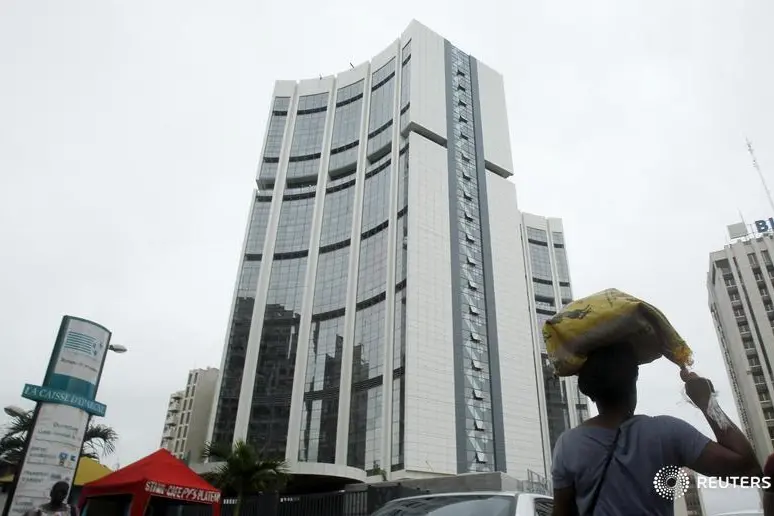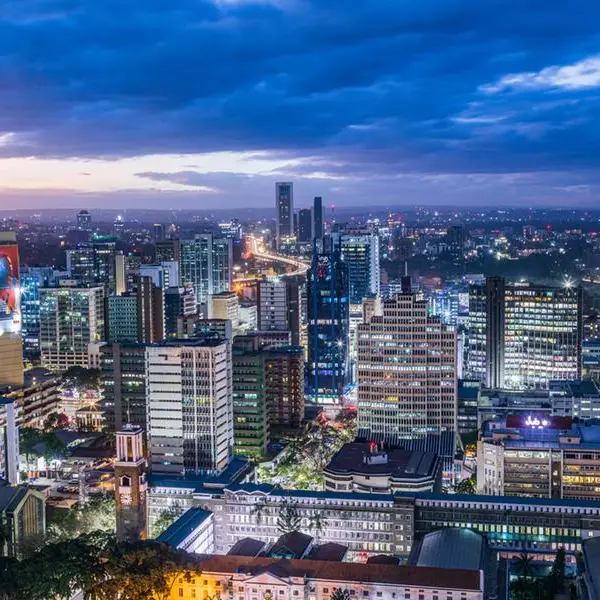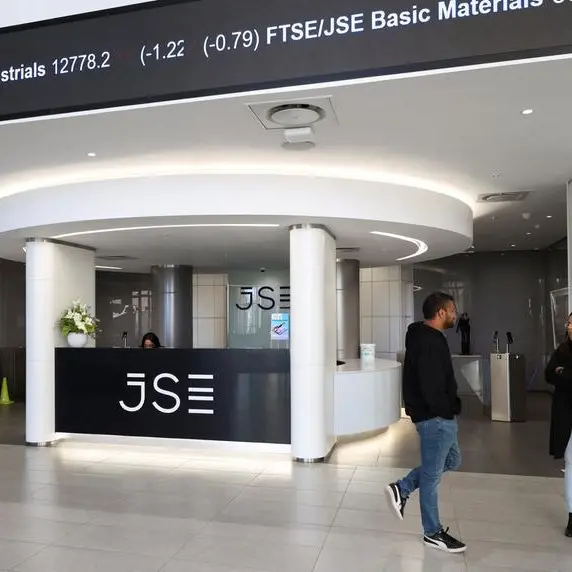PHOTO
The World Bank Group (WBG) and African Development Bank (AfDB) Group are partnering to provide no fewer than 300 million people in Africa with electricity access by 2030.
This is contained in a statement issued by the World Bank Online Media Centre, a copy made available to the News Agency of Nigeria (NAN) on Thursday.
The statement said the WBG would work to connect 250 million people to electricity through distributed renewable energy systems or the distribution grid.
Related PostsITUC tasks IMF, World Bank on global financial architecture reforms to improve living conditionITUC tasks IMF, World Bank on global financial architecture reformsAGILE: 11 more states to join World Bank project on girls’ education — FG
It said the AfDB Group on its path would support an additional 50 million people.
“Access to electricity is a fundamental human right and is foundational to any successful development effort.
“ Currently, 600 million Africans lack access to electricity, creating significant barriers to health care, education, productivity, digital inclusivity, and ultimately job creation.”
The statement said the partnership was a demonstration of the determination of the WBG and the AfDB Group to be bolder, bigger, and better at tackling one of the most pressing challenges in Africa.
“The initiative is the most recent manifestation of the WBG’s commitment to become more impact-oriented and is the byproduct of a concerted work plan to build a better bank.
“It is aided by a constellation of regional energy programmes that will now be aligned toward this common goal.”
The statement quoted Ajay Banga, World Bank Group President, as saying “Electricity access is the bedrock of all development.
“It is a critical ingredient for economic growth and essential for job creation at scale.
“Our aspiration will only be realised with partnership and ambition.
“We will need policy action from governments, financing from multilateral development banks, and private sector investment to see this through.”
It said for the WBG to connect 250 million people, 30 billion dollars of public sector investment will be needed, of which the International Development Association (IDA), the World Bank’s concessional arm for low-income countries, will be critical.
The statement said in addition, governments would need to put in place policies to attract private investment and reform their utilities so they are financially sound and efficient with tariff mechanisms that protect the poor.
“Connecting 250 million people to electricity would open private sector investment opportunities in distributed renewable energy alone worth nine billion dollars.
“Beyond that, there would be substantial opportunities for private investments in grid-connected renewable energy needed to power economies for growth”.
Copyright © 2022 Nigerian Tribune Provided by SyndiGate Media Inc. (Syndigate.info).





















